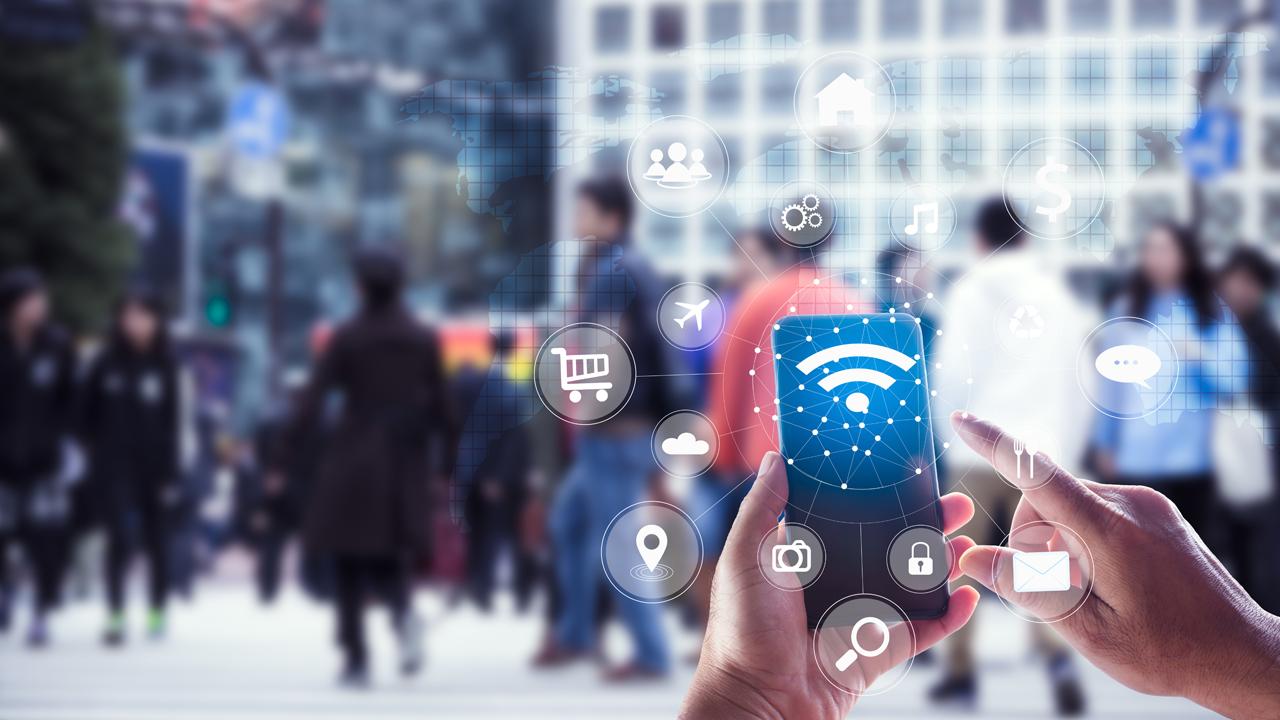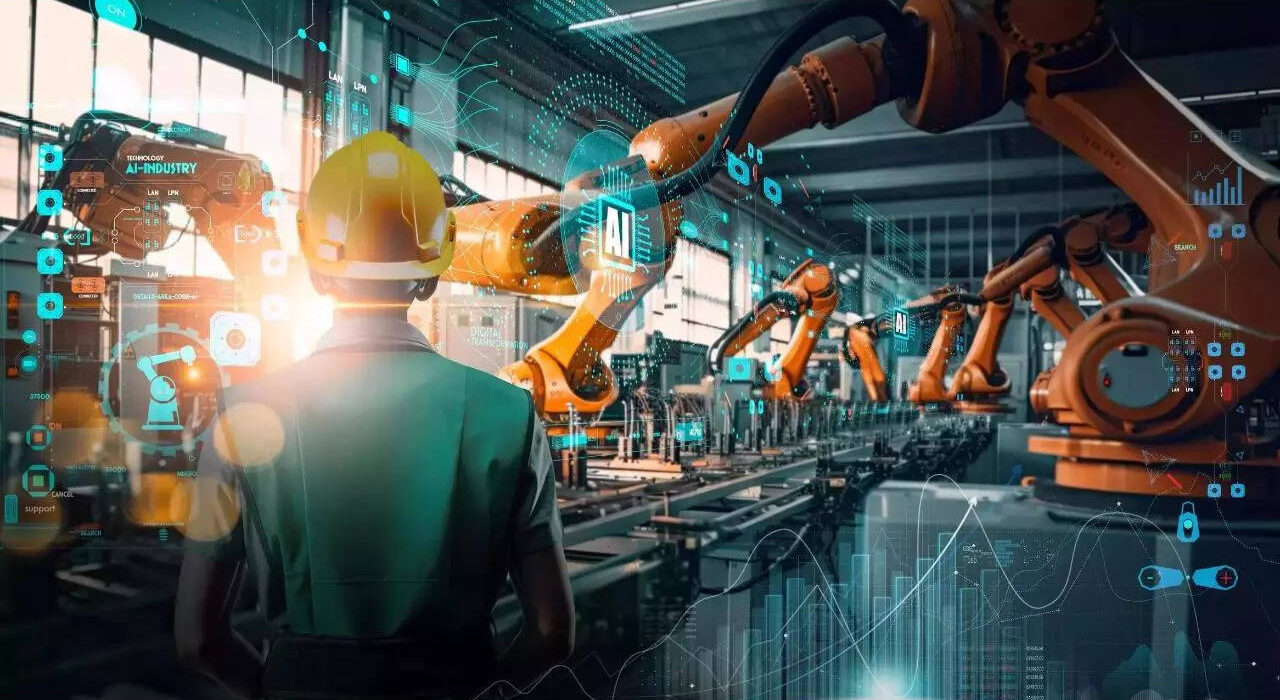The Internet of Things (IOT) has become one of the most revolutionary technologies that is going to ttransform he form industry around the world. By connecting equipment, sensors, and machines to the Internet, IoT enables real-time data ssharingand automation. In 2025, its role in modern industries is more important than ever, by making driving efficiency, innovation and smart decisions. From the health care system to production, IoT changes how the business operates and distributes price.
1. IOT in production: Hoose production
The production industry is one of the largest adoptions of IoT. IoT-smart factories equipped with competent sensors monitor the production lines, detect disabilities and reduce shutdown. IoT -controlled future maintenance maintenance helps identify equipment failure before you have, saves costs and improves productivity.
Example: Leading facilities for motor vehicles in Asia use IoTs to monitor mounting lines and automate quality controls.

2. IoT in Health Service: Better Patient Care
The health care system quickly squeezes IoT for better patient care. Portable devices such as smartwatch and health monitors track significant signals such as heart rate, oxygen level and glucose level. Doctors can use real -time patient data externally, leading to rapid diagnosis and better treatment plans.
Examples: In Pakistan, smart health equipment is enabled distance monitoring for patients in rural areas, which reduces hospital trips.
3. In Agriculture: Smart Farming Solutions
Agriculture also benefits from the spine, IoT of many economies. Smart sensors measure soil moisture, temperature and weather conditions, and help farmers make informed decisions. The automatic irrigation system ensures water efficiency, while drone crops monitor health and insect control.
Examples: Punjab, Pakistan uses IoT to adapt to accurate cultivation, adapt crops and reduce resource waste.
4. In Transport and Logistics
IoT has redefined transport and logistics through real -time tracking and fleet management. Smart sensors installed in vehicles provide data on fuel use, driver behavior and timetable. Logistics companies use IoTs to track shipments, reduce delays and ensure safe delivery.
Example: E-commerce companies are very dependent on the IoT-operated tracking system for fast and more reliable delivery.
5. IoT in Smart Cities
The government and developers adopt IOT -s to create a smart city. From intelligent traffic management systems to energy-capable smart networks, IoT makes Urban life safe and more durable. Smart street lights, waste management and safety systems are now common in the modern urban scheme.
Example: Lahore Smart City integrates IOT-based energy infrastructure, water management and surveillance systems.
6. IoT in Retail: Increased Shopping Experiences
Dealers benefit from IOT to understand consumer behavior and improve shopping experiences. Smart shelves and automated box systems reduce the waiting time, while inventory management becomes more efficient with real -time tracking. Personal recommendations run by IoT increase customers’ satisfaction.
Examples: Global brands use IOT-operated apps to track purchase and offer customized promotion.

7. In the Energy Sector: Freedom Resource Management
The energy industry sees a major change through IoT. Smart grids monitor the demand for electricity and optimize the power distribution. IoT-activated meters allow home and industries to track use and reduce waste. The renewable energy system also uses IoT for effective performance.
Example: Pakistan’s solar energy projects use IoT-based surveillance systems to ensure maximum energy efficiency.
IoT Adoption Challenges
While IoT provides enormous opportunities, industries also face challenges such as:
- Data security risk – it is important to protect sensitive information.
- High implementation costs – advanced infrastructure requires investment.
- Skill Inter horage of trained professionals slows the adoption of IoT.
Conclusion
IoT is no longer a future concept-there is a current need to change industries worldwide. From smart production and health services to energy and logistics, IoT enables innovation of businesses, cuts cost cuts and improvement of efficiency. As technology develops, its role in the design of modern industries will only strength, making IoT an important driver for digital change.



